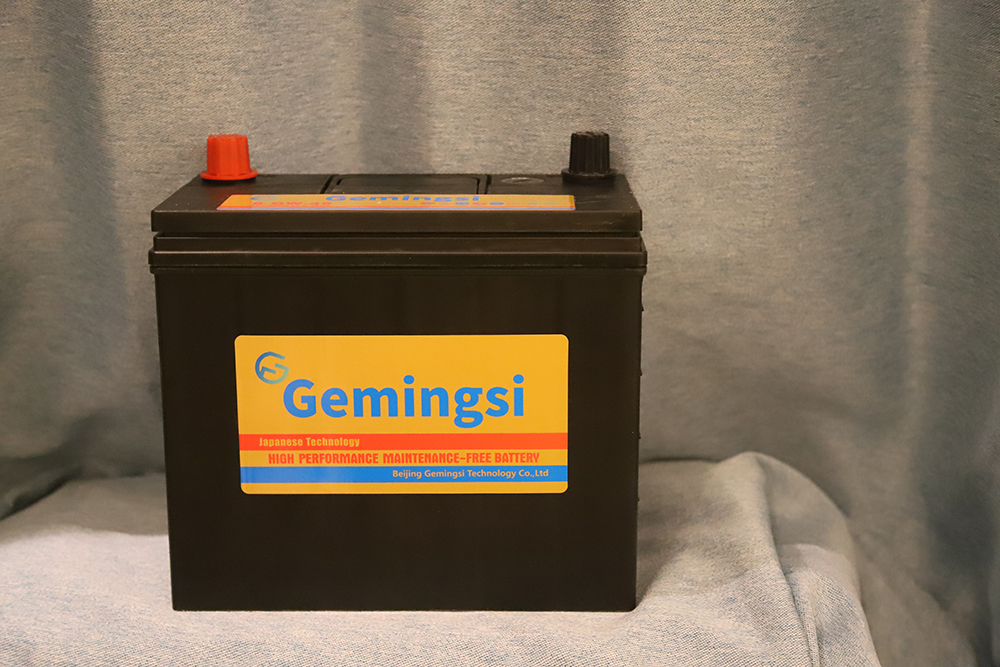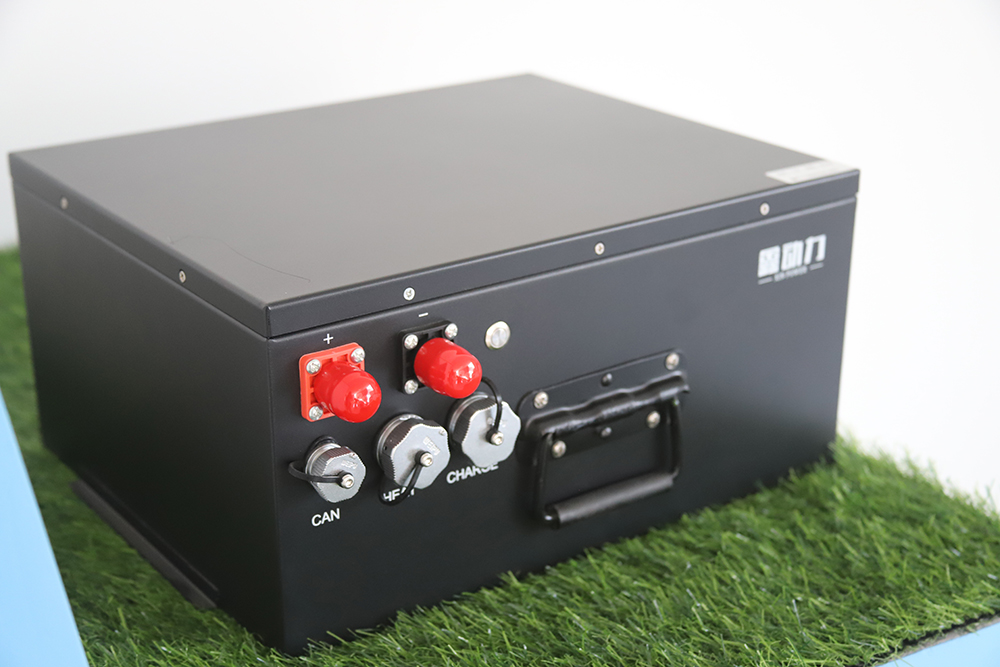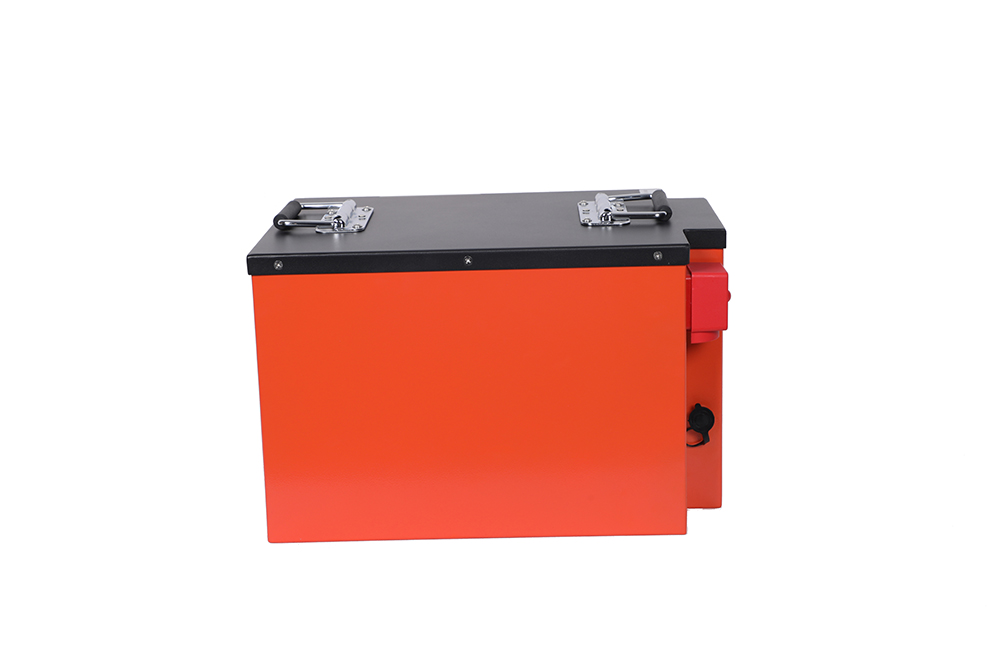Over the past few years, domestic companies have entered a global competition to supply the advanced batteries that power electric vehicles. The start-ups came into the game with big backers and high hopes behind them: Venture capitalists saw a booming market ahead, and Washington saw a chance to spur a domestic green-manufacturing industry.
So far, the results have been disappointing. Some high-profile battery makers have stumbled, burdened by high manufacturing costs, strong competition from Asian rivals and a slower-than-expected rollout of electric vehicles. Now the companies are responding by cutting costs, scaling back production and trying to tap other markets, such as large-scale storage for the electricity grid.
The troubles have some experts worrying that the fledgling industry could face the same fate as domestic solar-panel makers, which have suffered a series of high-profile failures.
'Can the U.S. players as a group go up against some 800-pound gorillas in the sector?' says Oliver Hazimeh, head of the electric-vehicle transportation practice at PricewaterhouseCoopers's PRTM consulting group. They could, he says, but 'they would need to find a solid order book beyond vehicle sales.'
Just a couple of years ago, the U.S. battery industry seemed to be off to a promising start. The Obama administration, with the 2009 Recovery Act, awarded $2.4 billion in grants to support companies making battery cells






